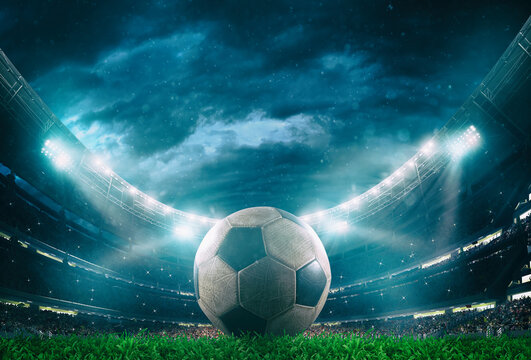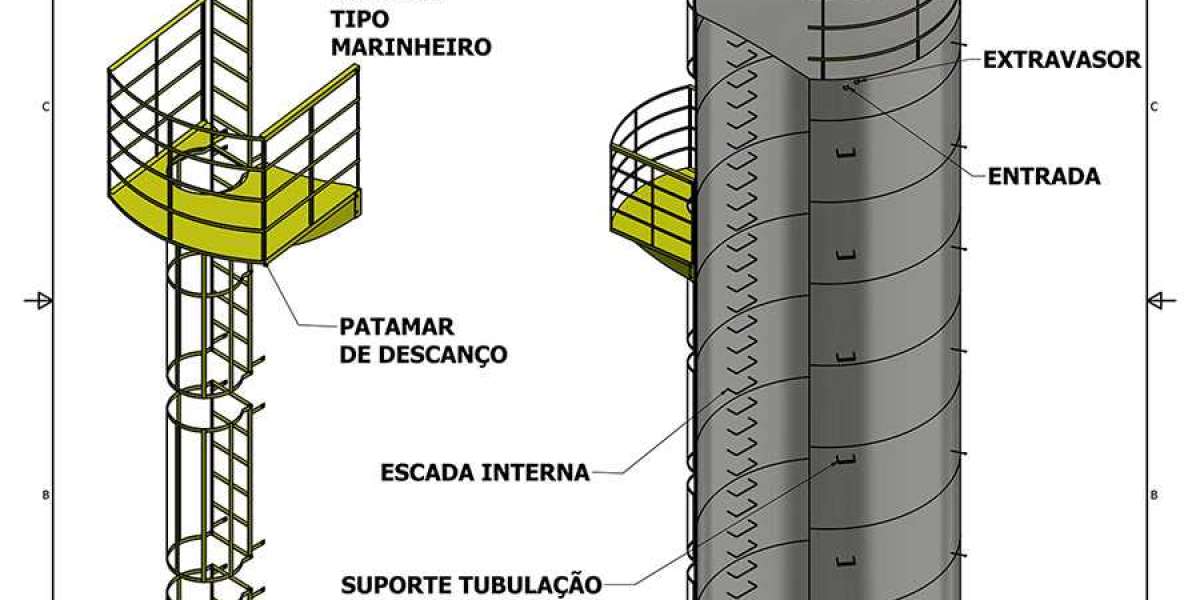How to Treat an Injury While Playing Soccer
While not at the level of professional soccer, injuries are inevitable for recreational soccer players.
Handling Injuries Encountered in Recreational Soccer
Illustrative Image: Verywell Health Soccer falls into the category of indirect contact sports; thus, preparing with protective gear or warm-up routines only serves to mitigate the impact rather than completely prevent injuries.
And when injuries do occur, knowing how to handle them appropriately requires knowledge and experience that not everyone possesses.
Injuries in soccer prediction vary widely in severity, from minor scratches on limbs to sprains, muscle strains, and even fractures or ligament tears.
For open wounds, treatment may involve simply cleaning the area and allowing it to heal naturally, or using spray-on antiseptics to dry the wound and prevent infection, along with adhesive bandages to prevent discomfort from clothing rubbing against the injury, which can delay healing.

Among the common injuries in recreational soccer are sprains and muscle soreness. A sprain is a type of injury to ligaments – the connective tissue between two or more bones at a joint – causing one or more ligaments to stretch or tear.
This can occur in the ankles, knees, or other joints.
In the terminology of "pickup soccer," situations that lead to ankle sprains are common. Immediate on-field treatment is crucial for recovery.
Using ice packs immediately after the injury will limit swelling at the affected area. Absolutely avoid returning to play when the pain subsides after icing.
There are several reputable football prediction sites available online, but it's essential to exercise caution and do your research before relying on any particular site.
Here are a few well-known football prediction sites that are generally considered reliable
Learn more skills you need to know in soccer such a real football prediction site
Remember to cross-reference predictions from multiple sources and conduct your research to make informed betting decisions. Additionally, always gamble responsibly and consider the risks involved in sports betting.
Using elastic bandages to wrap around the affected area (not too tight), minimizing movement, and elevating the injured limb or joint are also requirements to reduce swelling.
Muscle injuries occur when the muscle or tendon is stretched, pulled, or torn due to sudden or excessive force. Muscle injuries may take longer to heal, and determining their severity is not easy. The best approach is to seek professional medical examination and treatment.
Goalkeepers are often prone to finger injuries if they don't use quality gloves. Goalkeepers should avoid long nails and ensure that gloves fit snugly around the hand for better grip strength.
If a finger joint injury occurs, icing is also necessary to limit swelling. Avoid applying any hot oils.
For more serious injuries such as fractures, bone fractures, cartilage tears, or knee ligament tears, immediate cessation of play and seeking transportation to the nearest hospital or medical facility for evaluation and treatment is imperative.
Playing soccer and engaging in sports activities promotes health, but it's essential to gauge one's capacity and maintain a spirit of camaraderie to avoid injuries and unfortunate consequences.
Sure, here are some general prediction football tips that could help you:
Research Teams: Before placing any bets, research the teams that are playing. Look into their recent form, head-to-head statistics, injuries, and any other relevant factors that could affect the outcome of the match.
Home Advantage: Home teams often have a slight advantage due to familiarity with the pitch and support from their fans. Keep this in mind when making predictions.
Consider Weather Conditions: Weather can play a significant role in football matches, especially in outdoor stadiums. Rain, wind, or extreme heat can affect the performance of players and the outcome of the game.
Look at Team News: Check for any recent team news, such as injuries or suspensions, as this can have a big impact on a team's performance.
Study Betting Odds: Analyze the odds provided by bookmakers and look for value bets. Sometimes, bookmakers may undervalue certain teams or outcomes, providing an opportunity for profitable bets.
Manage Your Bankroll: Set a budget for your betting activities and stick to it. Avoid chasing losses and bet only what you can afford to lose.
Avoid Biases: Try to make objective predictions based on data and analysis rather than personal biases or emotions towards particular teams or players.
Consider Different Markets: Instead of only betting on the outcome of the match (win, lose, or draw), consider other betting markets such as over/under goals, both teams to score, or handicap betting.
Track Your Bets: Keep a record of your bets, including stake, odds, and outcome. This will help you analyze performance over time and identify areas for improvement.
Stay Informed: Stay up-to-date with the latest football news, trends, and developments to make informed betting decisions.
Remember, there are no guarantees in sports betting, so always gamble responsibly and only bet what you can afford to lose.








